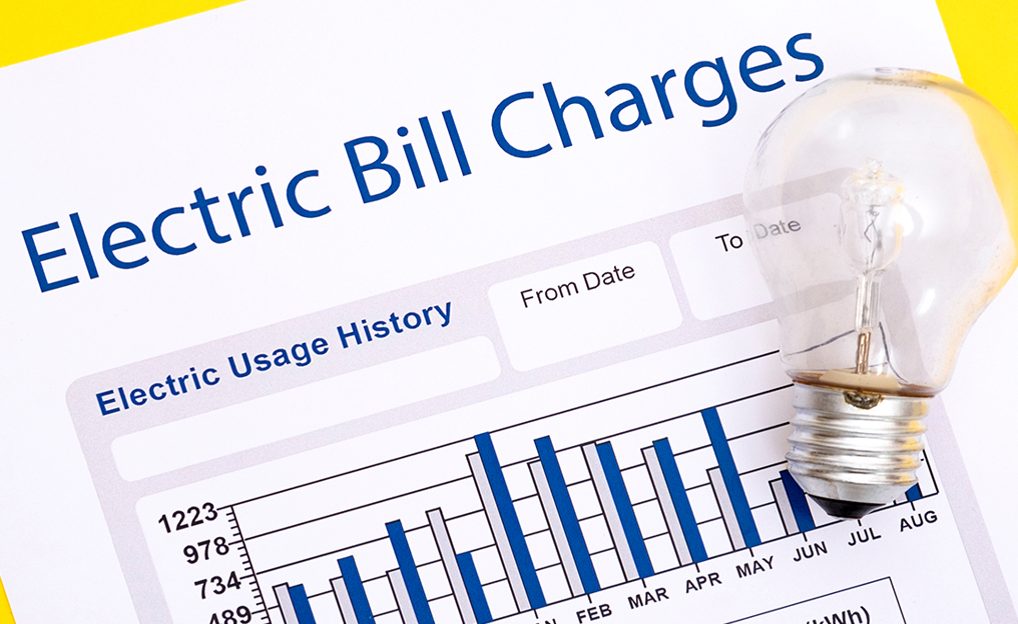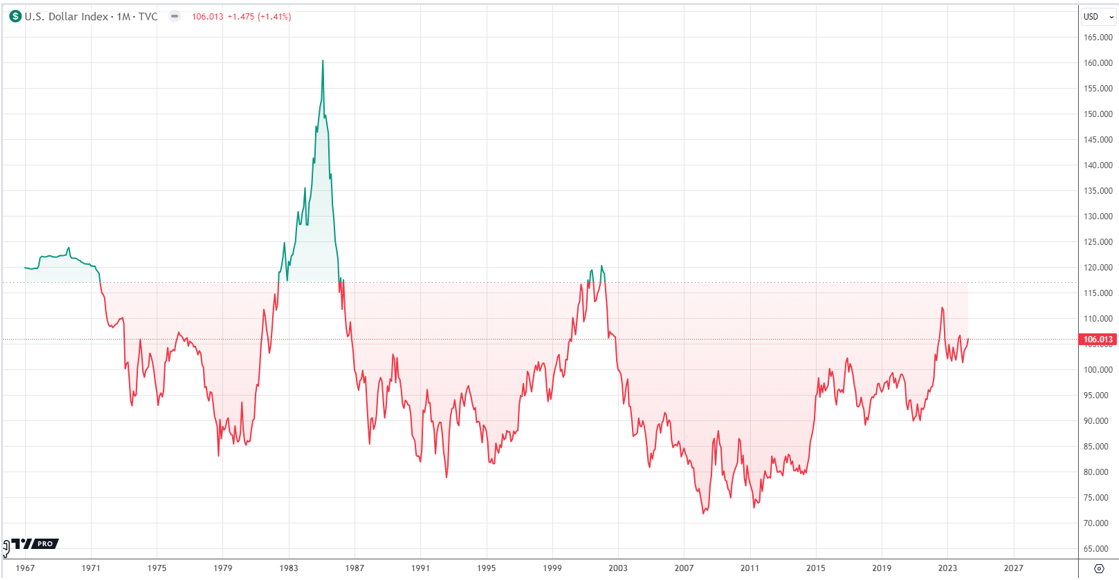It’s always a wise idea to invest in assets when you already have the means. For many, they would apply for a mortgage to purchase a house or property if they do not have the cash to pay for it upfront. This is completely fine as this could also help you build your credit.
Taking out a mortgage is quite a responsibility and if it’s your first time doing this, the process may be a bit overwhelming. There are quite a few things to consider including your budget, the price of the property, interest rates, and many more. Right now, you will also have to consider the mortgage rates in 2021 since there is still a pandemic.

What is a Mortgage?
This type of loan is taken if you’re after buying a home, a property, or land. A mortgage typically lasts around 25 years. However, depending on the deal you’re offered, this could go shorter or longer. This is pretty much the same with taking out a vehicle loan but instead, you’re buying a property.
With that, this would also mean that if you are unable to keep up with your monthly payments for a certain period of time, the financer or lender will repossess or take your home. When they do that, you either try to find ways to take it back or just let them sell the property for them to get their money back.
This is why it’s only best to apply for a mortgage if you already have the financial means. Can you afford to settle the down payment? You should also consider your financial stability to avoid getting problems with your repayments. For example, if you lose your job or source of income, how long will you be able to continue making a payment until you find another source of income?
Different Types of Mortgage Lenders
A big part of taking out a mortgage is looking for the right lender. However, before you start your search, you must know that there are different types of lenders out there. The first ones are the direct lenders. Banks, credit unions, and online entities are under this wing. They provide mortgages directly to their consumers and this means that there is no need for you to seek help from a mortgage broker.
There are also mortgage brokers who are independent companies with licensed professionals. These professionals will help you find the best lenders that could offer you the best rates out there. Brokers are either paid by the lenders or the buyers. They earn money by taking a small percentage of the loan amount that you signed for. This would range from 1 to 2 percent.
Meanwhile, correspondent lenders are the ones who fund their own loans. After they successfully do this, they would immediately sell the mortgage to a larger financial or mortgage lending institution. Wholesale lenders would work with mortgage brokers to offer their loan products at a discounted rate. They closely work with the brokers and do not necessarily interact with the borrowers.
There are also the portfolio enders who would fund the loans using the client’s bank deposits. They do this so that they can hold on to the loans without having to resell them after closing. Community banks, credit unions, and savings and loan institutions are categorized under portfolio lenders.
Lastly, there are also the so-called hard-money lenders. These are private investors who can provide you with short-term loans that would last around 5 years and are secured by real estate. This type of lender is more focused on the value of the property rather than your ability to repay them. This is why they only offer short-term mortgages. However, you can expect that they would charge higher interest rates of up to 10 times bigger than the other types of lenders.
How Should You Choose?
The answer will really depend on your needs and financial capability. The best that you can do is to shop around and look for the lender that would offer you the best rates. You can also partner up with a broker if you don’t have the time to call every financial institution, bank, or credit union that you can think of.
Just know that if you really want to get a great offer with a low-interest rate, you will have to build your credit up. Check on your credit score before shopping for a lender and take advantage of the free credit report that you can ask from credit bureaus like Experian, TransUnion, and Equifax once a year.




